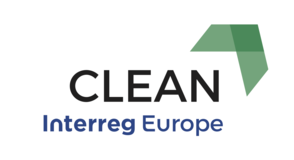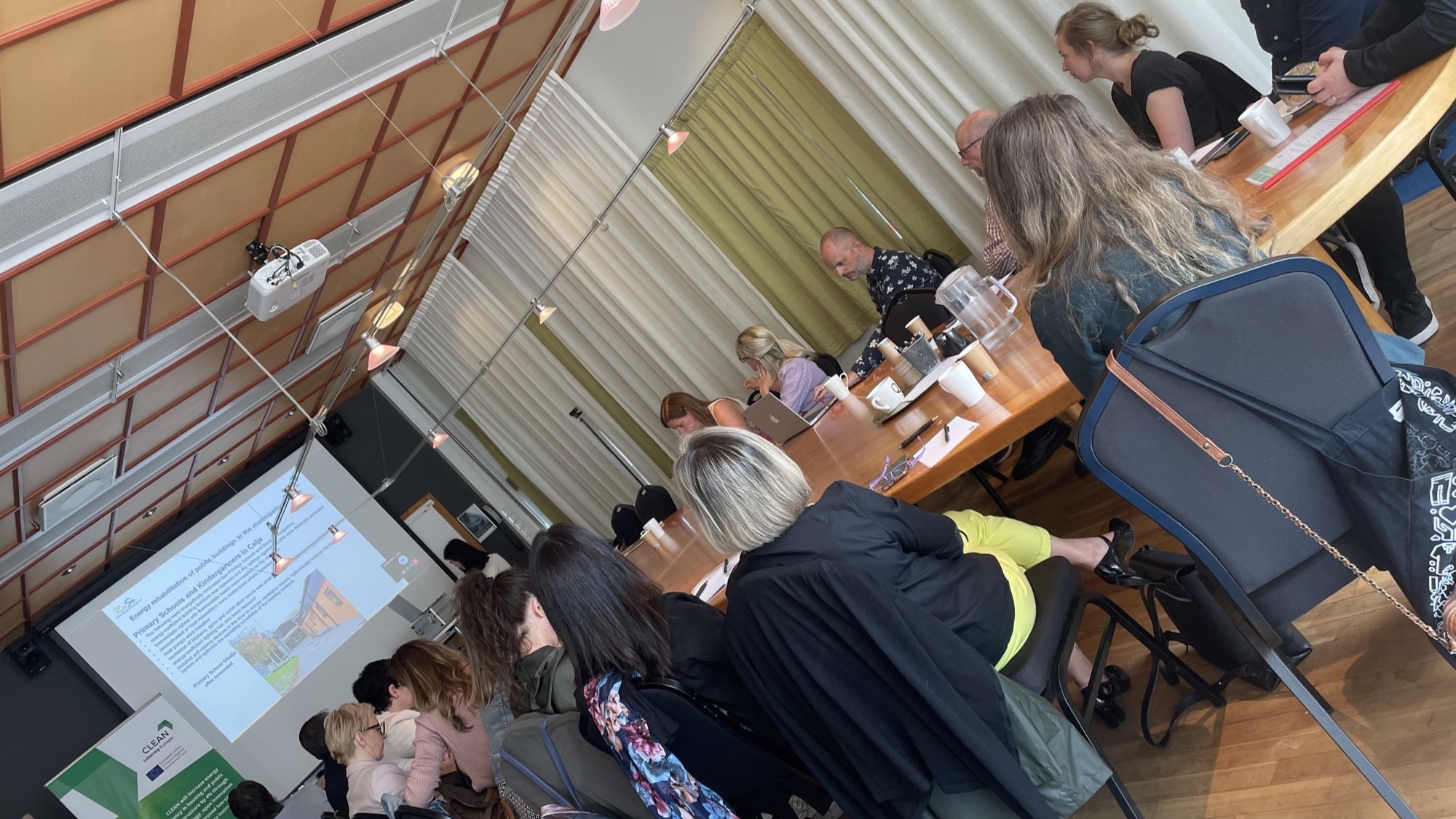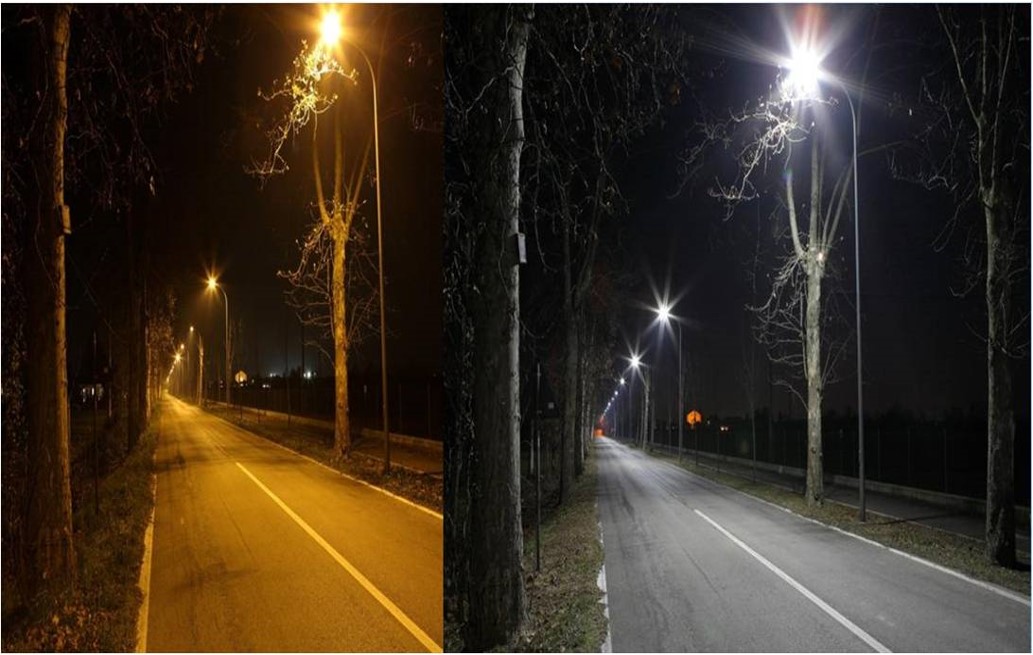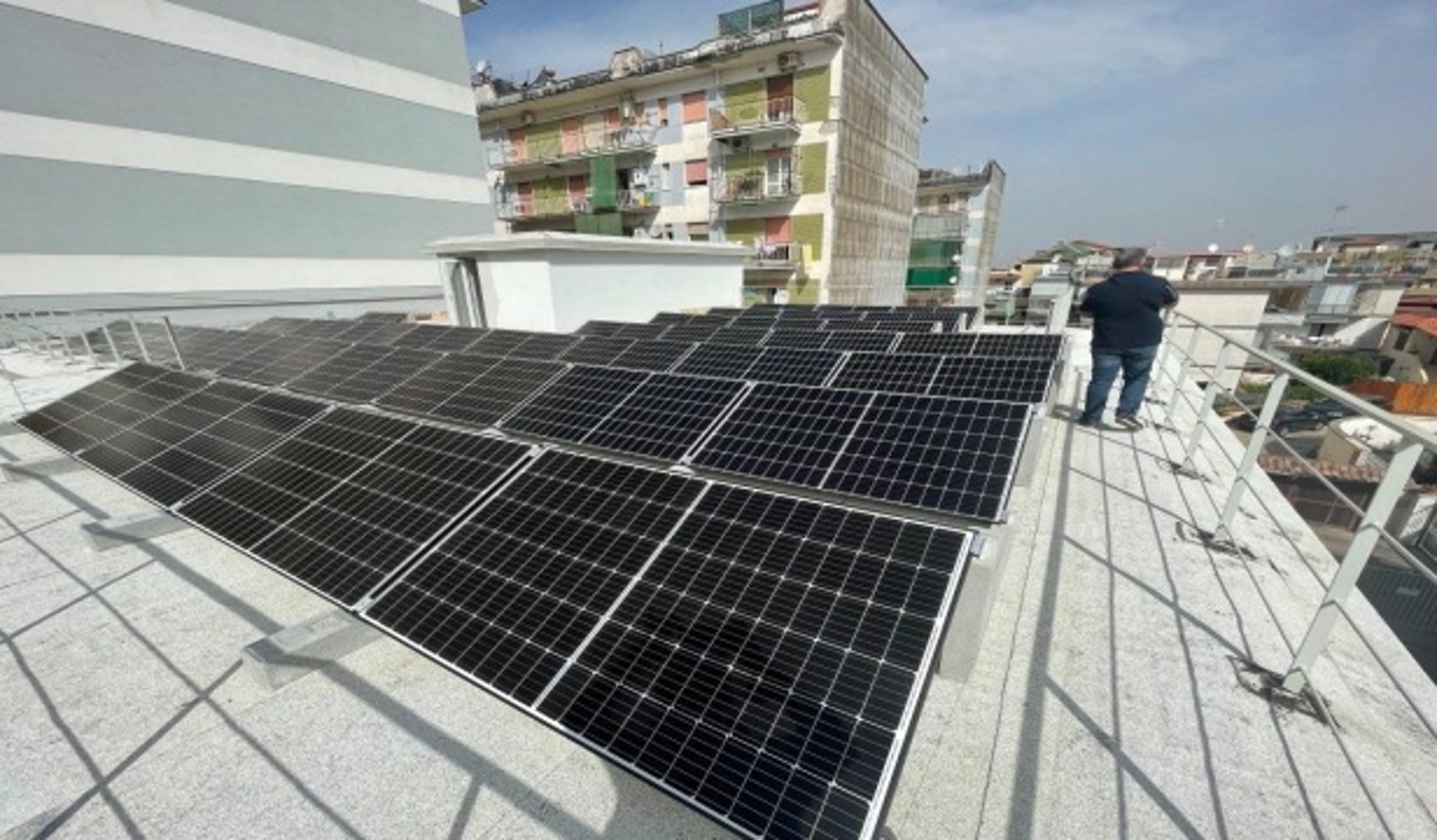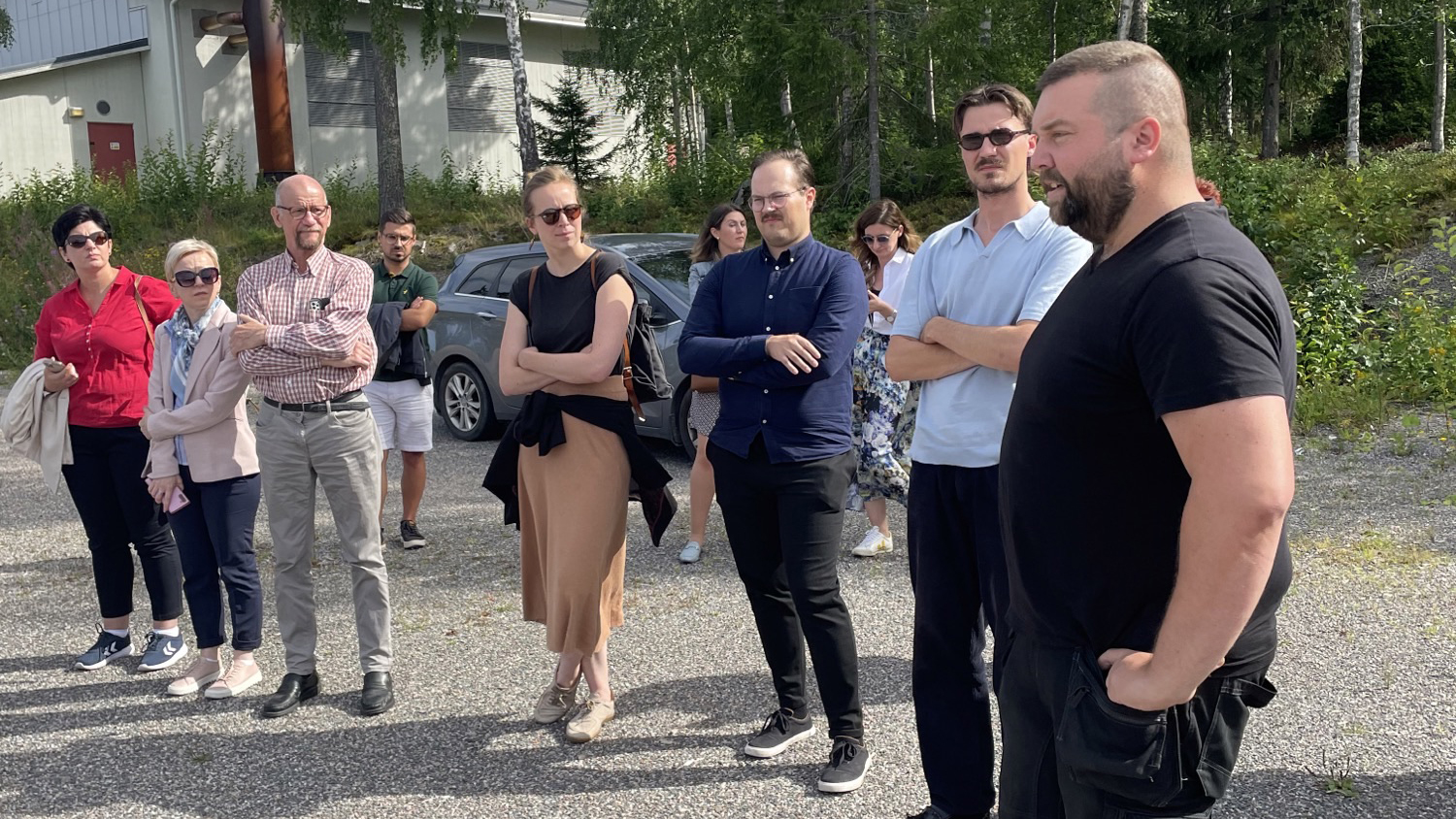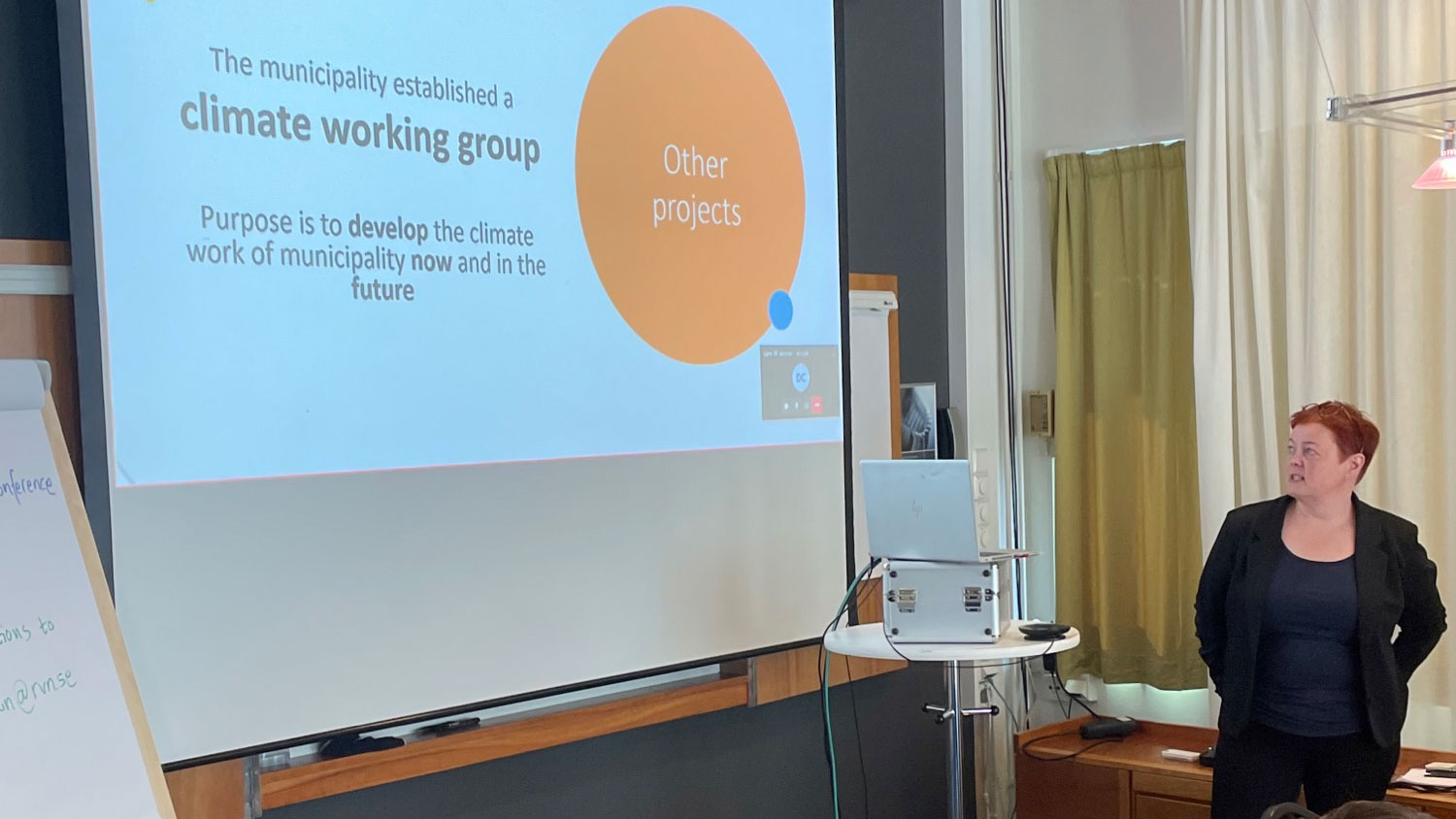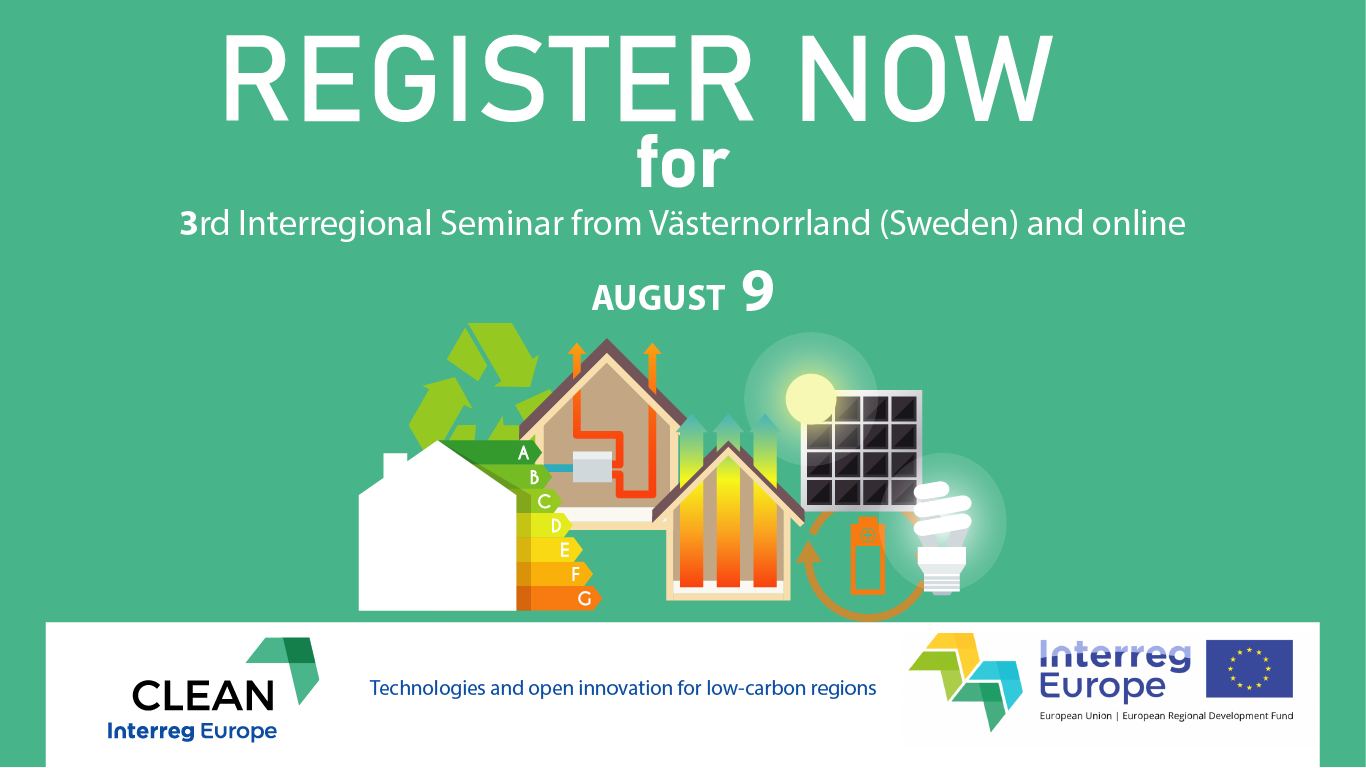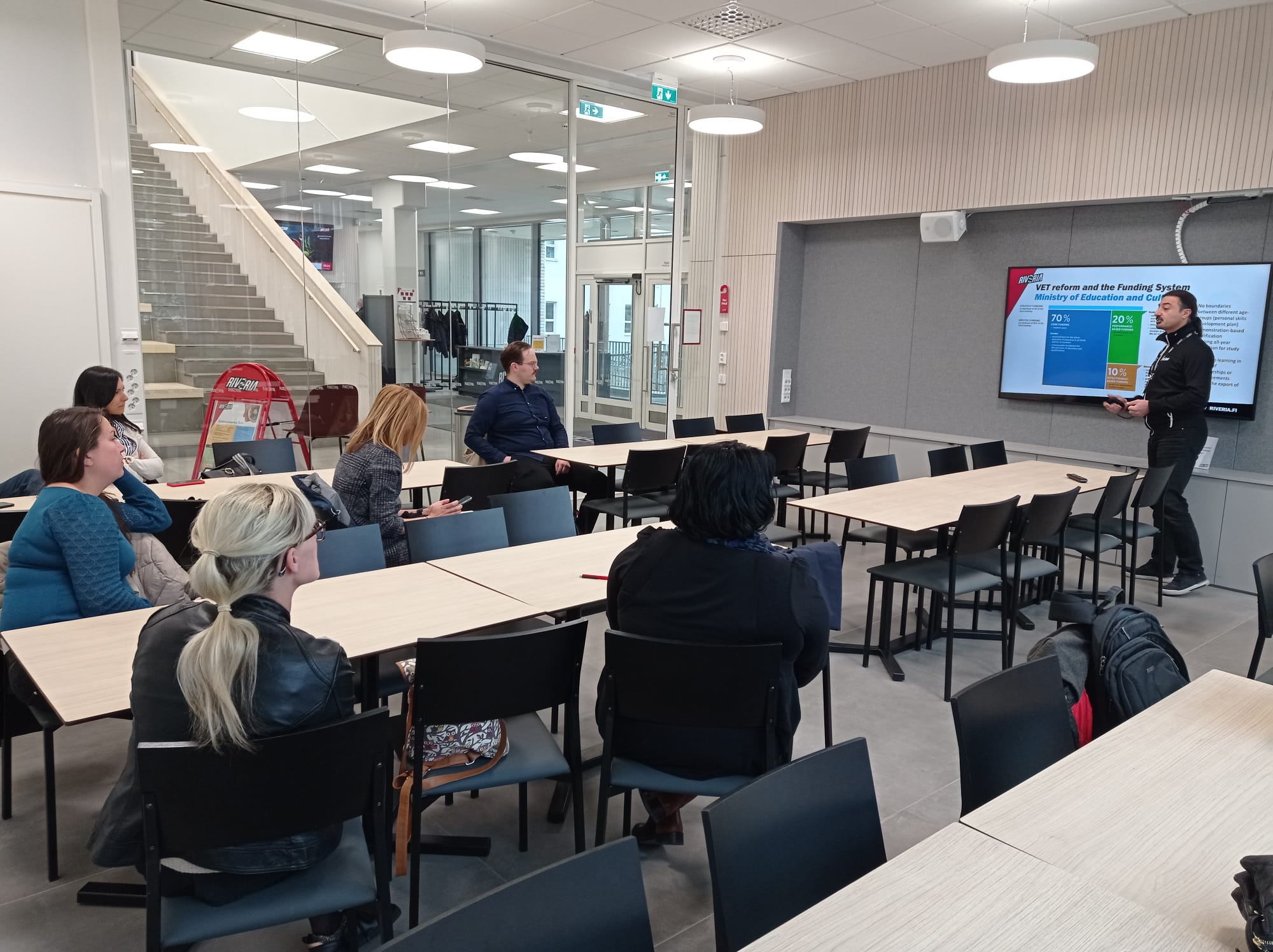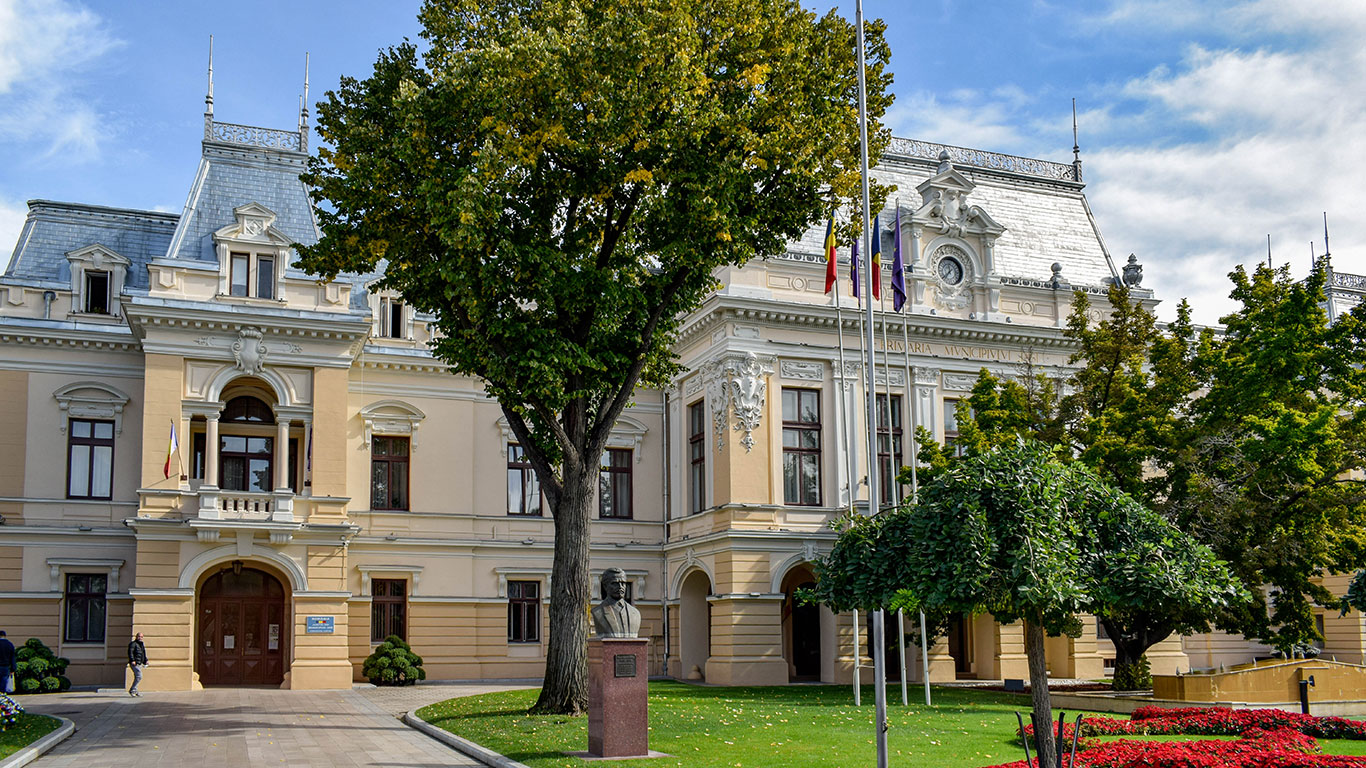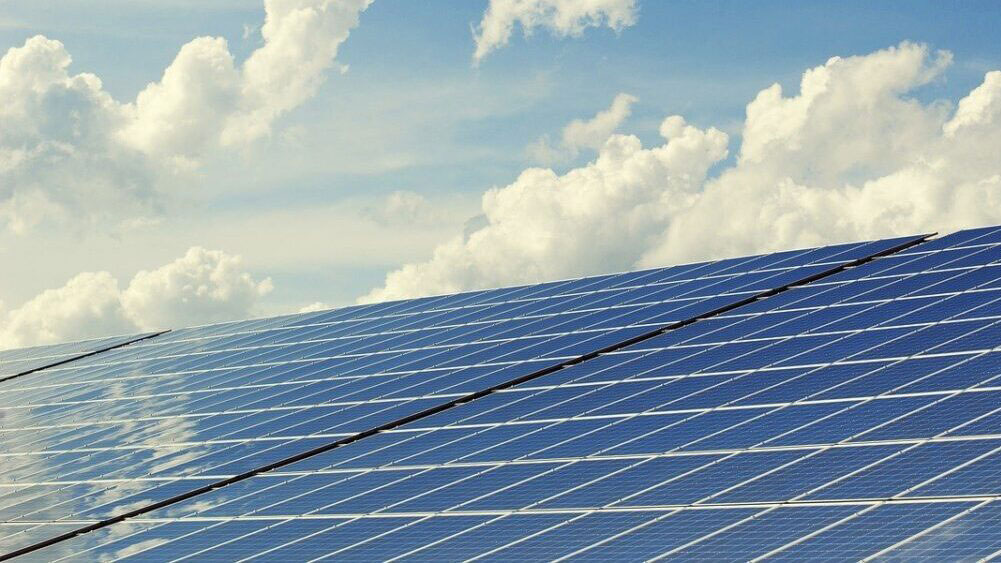In the fifth of the 9 articles of this series, the attention will be focused in the region of Normandy (France), from where our project partner Cooperative Les 7 Vents has shared five good energy practices.
The practices disseminated from Normandy are:
- ‘Serious game “renovation challenge”’, an animation tool to engage with the general public on the issues of global retrofitting and show them that low consumption is achievable when renovating houses;
- ‘Challenge “positive energy families”’, an initiative to provide solutions with no investment for people in situations of isolation or fuel poverty and to pave the way for other actions to improve energy efficiency;
- ‘IDEE ACTION – ERDF for social housing’, further information on the financial help for construction or retrofit of social housing, subject to the respect of a label that monitors an expected level of thermic performance;
- ‘Strategy Normandy region: a chain of confidence - Renovation of single-detached homes over 15 years’, to reinforce the offer of energy efficiency in the renovation sector; and,
- ‘Enerterre – fight against energy poverty through participatory integration workshops’, a system that consists in the rehabilitation of houses in poor conditions with the participation of its occupants and of volunteers under supervision of a pro.
As Project Manager Florian Guillote said, “CLEAN project has given more visibility to the Norman energy practices we selected. We have had a possibility to exchange about them with interested and interesting people. This enabled us to imagine different ways to communicate, comparison with the relations we usually have with our users.”
Organisation of one staff exchange
On the 28th and 29th of November 2018, Les 7 Vents held one of the six staff exchanges that have taken place during the last year. They shared further details on the five good energy practices mentioned above with the project partners that attended these site visits in France: Fomento San Sebastian (Basque Country, Spain), Iasi Municipality (Romania), Region of Crete (Greece) and Development Agency of Savinjska Region (Slovenia), alongside many local stakeholders.
One of the attendees, Ainara Amundarain from Fomento de San Sebastian, quoted in her staff exchange report that, “all the ideas, concerns and challenges on Energy Efficiency interventions that were discussed will serve to define our forthcoming intervention in our city. This will mean to adapt and align the projects we are putting in place in our city with some of these new ideas, even present them in other European funded projects.”
Read more about the staff exchange in Normandy.
Participation in project’s staff exchanges
On the 23rd and 24th of January 2018, French partners, alongside representatives from ANEA Naples Agency for Energy and Environment (Italy), attended the staff exchange hosted by Fomento San Sebastian in the Basque Country (Spain).
French partners chose this place because they are interested in the links between digital technologies and techniques and sustainable development and energies. “We also believe that several stakeholders in France could learn and inspire from the good practices presented by Fomento de San Sebastian”, explains Grégoire Boucé, Director at Cooperative Les 7 Vents.
Find out more about the staff exchange in San Sebastian.
On the 12th and 13th of June 2018, representatives from Cooperative Les 7 Vents attended the staff exchange organised by the Region of Crete (Greece) as well. Iasi Municipality (Romania), North Karelia (Finland) and Savinjska region (Slovenia) also attended these site visits to learn more about Greek good energy practices.
Guillotte explains that, “we were particularly interested in the awareness raising actions and the development and deployment of new technologies”. He adds that they are in contact with Caen University as they could be interested in reproducing some of the initiatives seen in Crete. “We learnt about the renewable energy systems present in the campus, as well as about the strategy rolled out by the energy coordinator of the university. What was mainly interesting to us was the approach of frugal innovation: despite a real decrease of the budget of the campus, an increasing number of students benefited of heating and cooling.”
Find out more about the staff exchange in Crete.
